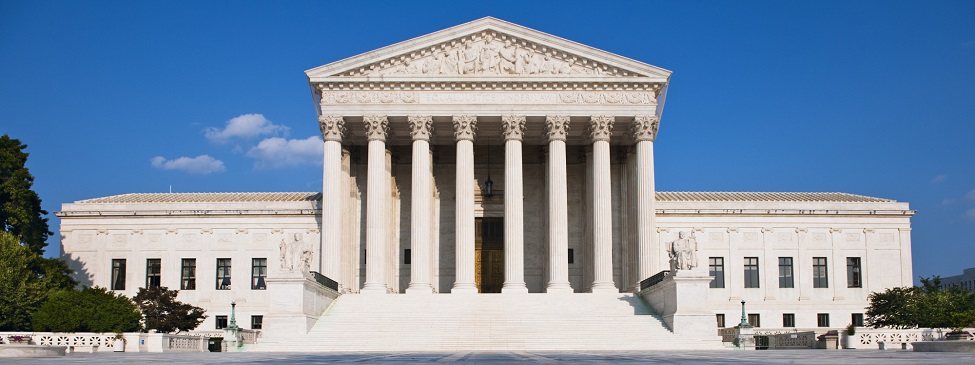Can teachers be forced to give money to a union they don’t support? That’s the question at the heart of a case the Supreme Court hears on Monday—a case that could send shockwaves through the entire public education system.
Back in 1977, the Court ruled that all teachers who are represented by a union—even those who don’t actually want to be members—can be required to chip in part of every paycheck to cover the costs of collective bargaining. Now, in Friedrichs v. California Teachers Association, a group of California teachers are challenging these so-called “agency fees.” These teachers want nothing to do with their union, and claim that the First Amendment gives them the right not to contribute a single penny to support it. If the Court agrees, unions across the country stand to lose millions of dollars a year in guaranteed revenue—potentially enough to cripple their operations.
I’ve had my share of disagreements with teachers’ unions over the years, but on this case, I agree with them. It’s a matter of basic fairness that teachers who reap the benefits of collective bargaining should share in the costs. And there are many situations where the will of the majority trumps the “speech” you can express with your wallet. For example, you’d be laughed out of court if you demanded a right to withhold tax money from your local police department just because you dislike the way it fights crime.
The same principle holds here: a union that’s supported by a majority of employees shouldn’t be saddled with a minority of freeloaders who refuse to pay their fair share. Plus, disgruntled union members have plenty of other ways to exercise their First Amendment rights and voice their opinions, just as we all have other ways to register dissatisfaction with our elected representatives.
Unfortunately for the unions, at least five Supreme Court justices appear to be more sympathetic to the teachers’ arguments than I am. The Court practically invited this challenge when it stopped just short of striking down agency fees in a similar case a few years ago. That means teachers’ unions need to start preparing for the identity crisis that will come if a large spigot of revenue suddenly gets switched off.
Right now, unions wear two hats. They’re collective bargaining agents, representing virtually all public school teachers in contract negotiations, grievances and disciplinary cases. And they're political advocates, speaking on behalf of their members in Washington, D.C. and in state capitals, and helping to elect handpicked candidates at all levels of government. With fewer resources, unions probably couldn’t afford to play both roles. Something would have to give.
In one scenario, unions could opt to greatly reduce their political activity and focus exclusively on collective bargaining, district by district. But this probably wouldn’t end well. Though they are often one of the most powerful political forces in state capitals, they are already losing ground legislatively on a host of issues, from defined-benefit pensions to tenure. How effectively could they really negotiate on issues locally when legislatures, freed from the unions’ political clout, would likely roll back collective bargaining rights?
The more radical move would be to get out of the collective bargaining business and become professional associations—like the American Medical Association or the National Trial Lawyers. It’s a role the nation’s largest teachers’ union, the National Education Association, once played many decades ago. In that capacity, the NEA didn’t negotiate salaries and benefits, but still made life better for millions of teachers by advocating for basic school funding during the Great Depression, the GI Bill after World War II, and civil rights legislation.
As professional associations, unions could put all their resources and political clout behind a long-term plan for elevating the teaching profession through higher pay, more rigorous performance standards, and better working conditions. They could fight for this agenda without any obligation to defend individual members who engage in misconduct or who simply aren’t up to the job—a change that would probably win them new allies. And while teachers could still form and join independent unions to bargain with school districts, many would likely opt not to with strong professional associations advocating for them.
On a practical level, this might be unions’ best chance to survive in a hostile political and legal climate that shows no signs of improving.
It’s not a surrender—far from it. It’s a path that would let unions reclaim control of their own fate and become a force for positive change in education. If union leaders have the courage to take it, teachers and students across the country will be the real winners, no matter who prevails at the Supreme Court.








